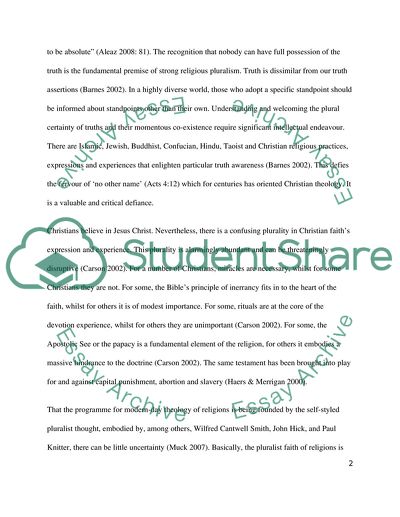Cite this document
(A Freckled Christian Theology Article Example | Topics and Well Written Essays - 2750 words, n.d.)
A Freckled Christian Theology Article Example | Topics and Well Written Essays - 2750 words. Retrieved from https://studentshare.org/religion-and-theology/1735714-jesus-in-the-worlds-religions-topic-a1
A Freckled Christian Theology Article Example | Topics and Well Written Essays - 2750 words. Retrieved from https://studentshare.org/religion-and-theology/1735714-jesus-in-the-worlds-religions-topic-a1
(A Freckled Christian Theology Article Example | Topics and Well Written Essays - 2750 Words)
A Freckled Christian Theology Article Example | Topics and Well Written Essays - 2750 Words. https://studentshare.org/religion-and-theology/1735714-jesus-in-the-worlds-religions-topic-a1.
A Freckled Christian Theology Article Example | Topics and Well Written Essays - 2750 Words. https://studentshare.org/religion-and-theology/1735714-jesus-in-the-worlds-religions-topic-a1.
“A Freckled Christian Theology Article Example | Topics and Well Written Essays - 2750 Words”, n.d. https://studentshare.org/religion-and-theology/1735714-jesus-in-the-worlds-religions-topic-a1.


